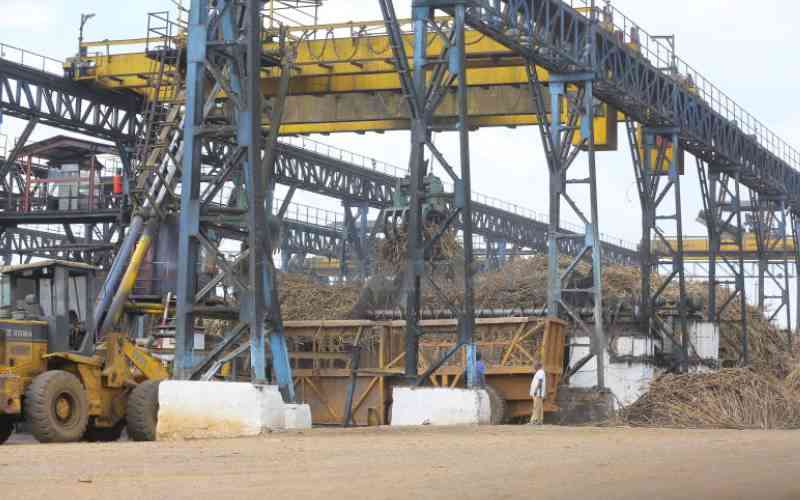×
The Standard e-Paper
Home To Bold Columnists

Stella Nyangasi (not her real name) is a teacher at Enkakenya Centre for Excellence Girls Primary School where she has been shaping young minds for the past 10 years.
In her heydays, Nyangasi used to entertain guests during major national events, thanks to her good voice.